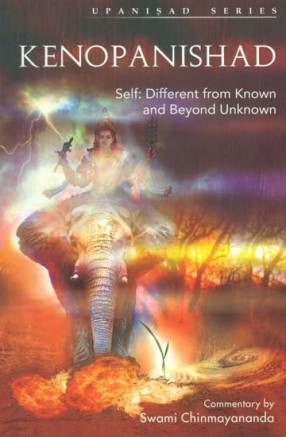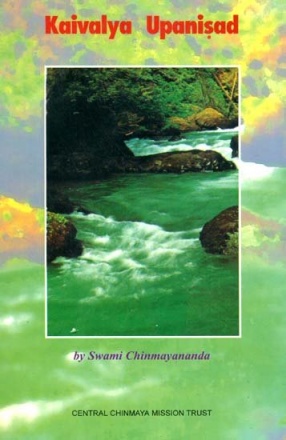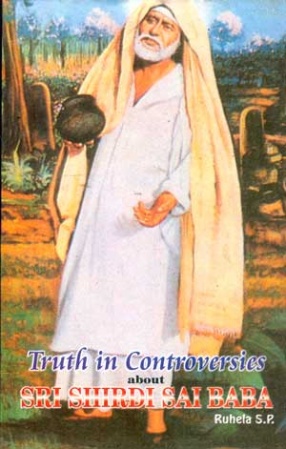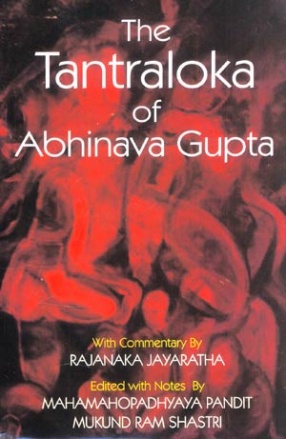Kenopanishad Self: Different From Known and Beyond Unknown
It is, quite often, contended that science and religion are opposed to each other. The protagonists of science and the so called 'rationalists' maintain that religion is unscientific and superstitious. It is surprising that the man of science who is supposed to have an intimate knowledge of the baffling universe should try to maintain that the whole of the Reality and the Truth is amenable to his methods. An attempt is made in the following pages to show that science and religion are not necessarily opposed to each other. Religion at its best, is an attempt to investigate a field which is not amenable to the method of science. A man of religion is not necessarily opposed to science. On the other hand, he also adopts the same attitude of a scientist - the attitude of experimentation, observation and inference. The field of enquiry is different, the nature of the problem to be investigated is different. Therefore, it would be futile to expect the same instruments of science to be useful in this field. In the field of religion the seeker of Truth adopts different methods of experimentation, observation and inference. It should be a common place for any serious student of science that all experience is not intellectual. Similarly, all experience is not amenable to human language. The science of Vedanta developed by those serious seekers of Truth, the ancient rsis of India, is based on these well-known facts. The Vedantin is fully convinced that the whole of the Reality can neither be grasped by mere human intellect nor can it be expressed through the limited language of man. But he does not give vent to a cry of despair. Being a serious student of the Truth he attempts to experience the Truth by extra intellectual and supra intellectual methods. As the whole of the human experience cannot be expressed in the imperfect instrument of human language, the Vedantin attempts to convey such experience by suggestive and symbolic language. The Upanisads do not contain barren philosophic hair-splitting. They are serious attempts to know the Truth and to experience it. As observed before, the field of investigation being different from the field of scientific enquiry the methods of the Upanisads are different. No student of science can quarrel with the fact that he has to use different instruments in different fields of enquiry. A student of social science cannot confine himself to the laboratory and experiment with instruments he has there. He has to adopt a different approach and a different method from the method of the physical scientist. In the same way the student of science of religion has to adopt different methods and techniques. The ancient Vedas based on intuitive human knowledge, experience and revelation, prescribe both a technique and a hypothesis which the seeker of the Truth is expected to adopt. The Vedas are mainly divided into three parts - The Mantras, the hymns in praise of Vaidika Gods, the Brahrnakias, which prescribe the technique of the search after the Truth and the Aranyakas (which contain the Upanisads) which illustrate and suggest the Reality. An outline of the basic presumptions of the Vedanta, the equipment necessary for an experiment of Truth and the basic assumption contained in the Hindu philosophy are outlined in the introduction. The other part contains the text of the Kenopanisad with suitable explanation. The subject matter of the Kenopanisad is an enquiry into the nature of Reality (Brahman). The language adopted by the Kenopanisad necessarily had to be a suggestive language. The Kenopanisad suggests the nature of the Reality and the pre-conditions for experiencing it. The Upanisads do not profess to bring the Reality to the experience of the seeker but the high speculation of the Upanisad suggests the nature of the Truth and set the seeker to pursue it. It depends on the seeker whether he realises the Truth Absolute or not. The Upanisads do not make dogmatic assertions but they initiate the seeker to the Truth which he is expected to realise by following the technique prescribed. If this is not a scientific approach what else could it be?
Get it now and save 10%
BECOME A MEMBER











Bibliographic information